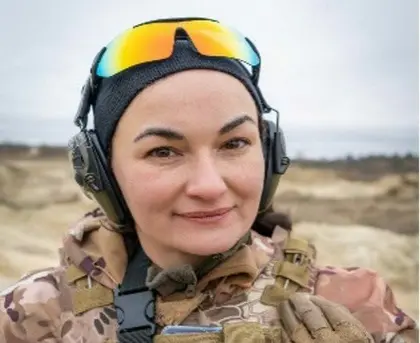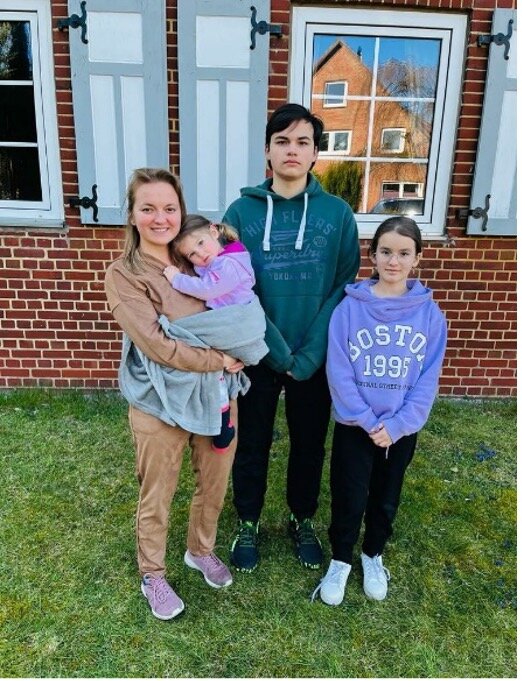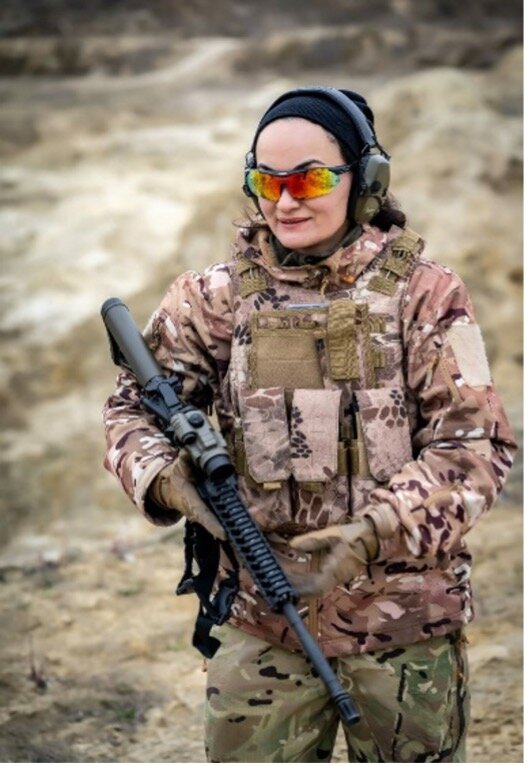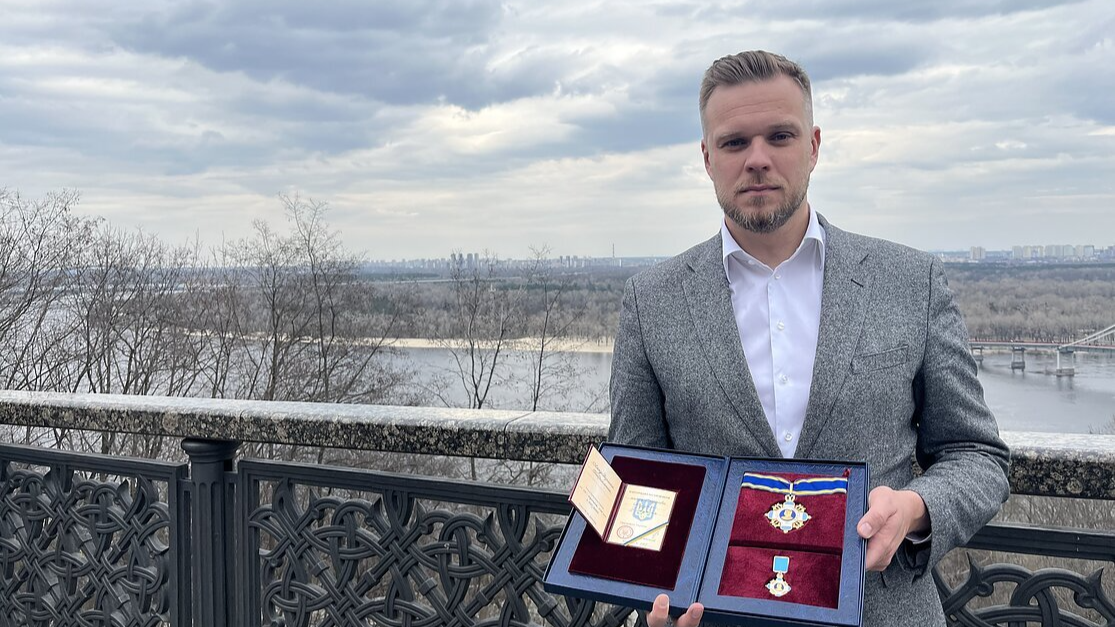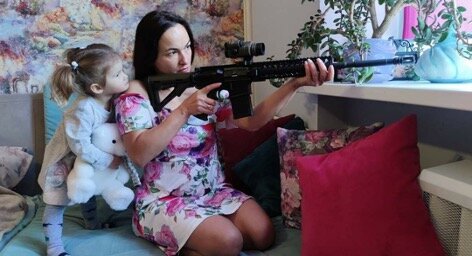Iryna Sergeeva is a lieutenant of the Armed Forces of Ukraine – primarily responsible for the moral and psychological support of her unit. Here, she talks to the Kyiv Post’s Svitlana Sydorenko.
Hi Iryna. Tell me about yourself and your profession.
JOIN US ON TELEGRAM
Follow our coverage of the war on the @Kyivpost_official.
Good to talk to you. I’m a native of Kyiv and have a background in Arabic translation work and public relations. I’m a political scientist by military profession, and an officer of the civil-military cooperation group of the 130th Territorial Defense Battalion of Kyiv.
How did you get to the front and how do your family feel about it?
I’ve been in the Territorial Defense Reserve of Kyiv since 2017 and on the first day of the full-scale Russian invasion of Ukraine I arrived to perform my assigned tasks, first in Kyiv, then Irpin. I was later redeployed to Kharkiv. However, I’m serving within the military headquarters and I’m not on the line of contact.
My mother and my three children are definitely worried about me at home. My youngest daughter is two years old and she has almost forgotten me. She calls my sister her mother and that’s the hardest thing about this war.
My middle daughter is very sad and just wants to see me as soon as possible. She dreams of becoming a designer – she’s an incredibly creative child. My eldest son will be 18 soon and many of his university friends are at war. His ambition is to become a sailor.

Zelensky Meets CIA Director William Burns in Ukraine
What role do you think the fighting spirit plays at the front?
The fighting spirit certainly doesn’t save someone from bullets, and vice versa. But moral and psychological support in general are essential for the fighters to be able to perform their assigned tasks.
As the territorial defense is predominantly civilian, being under heavy artillery fire 24/7 means the deaths of comrades can be extremely traumatic.
This war is cruel and bloody, so even those fighters who passed the anti-terrorist operation do not always withstand psychological stress. Some are afraid, some cannot stand the burden of military life, while others miss and worry about their family.
Therefore, maintaining the fighting spirit is an integral part of combat training.
Your first battle – what was it like?
On the first night of the war, we recruited a battalion in the building of the Solomyansky district state administration in Kyiv.
We were fired upon by armored vehicles and a grenade launcher. One fighter, who had just volunteered, was killed and two others were wounded.
Honestly, in the first weeks of the Feb. 24 invasion, we went to bed, each time wondering whether we would wake up the next morning. The district state administration was a very easy target and potentially a mass grave for our entire battalion.
Are you familiar with the rules of international humanitarian law and do you comply with them?
As an officer, like all soldiers of the battalion, I am familiar with international conventions. We always comply with the requirements of international law.
How do you hold yourself together on the front, apart from your belief in the victory of Ukraine?
I listen to music and follow the recommendations of the battalion’s officer-psychologist. I try to cry every day for 10 minutes, which relieves stress accumulated during the day.
My mother sends me videos of my children every day. I look at those, along with pre-war photos and family videos and just cry. It works.
Since I’m dealing with many dead soldiers and all the staff of the Kharkiv morgue know me, there are lots of reasons to cry. But it’s not always possible to squeeze tears out of yourself, because the body’s defense mechanism kicks in and you can just freeze. It scares me a little and I try to stay in touch with my feelings.
I listen to rock music, in particular the folk-metal band “Shadow of the Sun” and pop-rock band “Antibody” – both from Kyiv. By the way, these guys serve in our battalion. I wake up to the song “Good morning, Ukraine” performed by the Ukrainian rock band “Number 482” – these guys are also from our battalion.
What are your hobbies during peacetime?
Well, I’ve been interested in military affairs since 2015: shooting, sniping, intelligence, etc.
With the start of the war in 2014, I was confident that Kyiv would not escape this disaster and that it would be necessary to defend my hometown. I had many friends from Donetsk who were forced to leave and suffered greatly because of it. Then I realized that I could not just run away.
So, I focused on my studies and received a military education. In fact, it was my childhood dream. Even upon leaving school I wanted to become a military translator, but girls were not admitted to military educational institutions.
What are your future plans after Ukraine’s victory?
I plan to return to my children and travel the world. Before the war I had an interesting job in the PR field. Maybe I’ll get back to that.
Glory to Ukraine!
Glory to the heroes!
You can also highlight the text and press Ctrl + Enter


